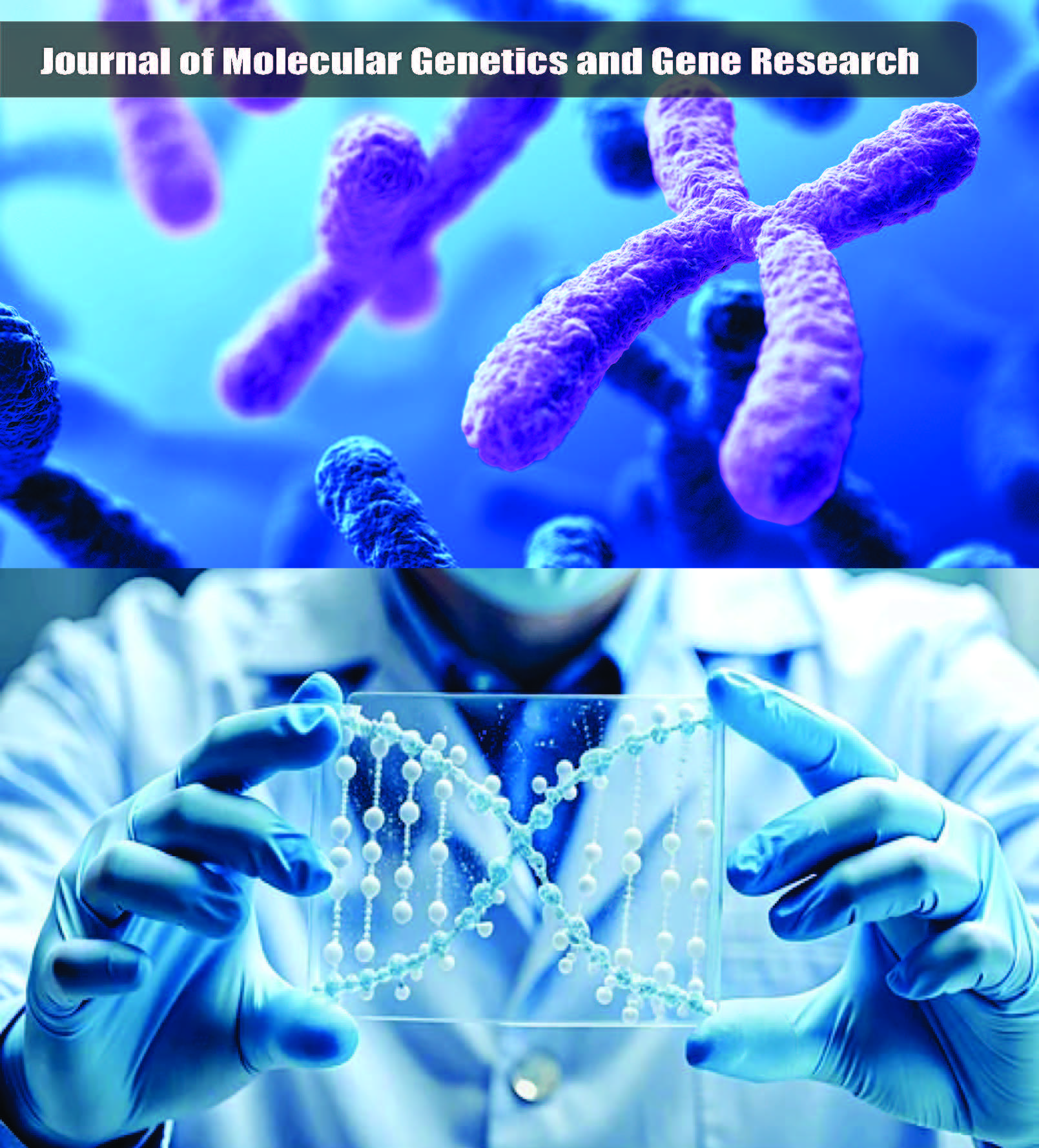Journal of Molecular Genetics and Gene Research
Diagnosis of Diabetic Retinopathy Using Artificial Intelligence
Abstract
Guzal Kangilbaeva, Fazilat Bakhritdinova and Aziza Jurabekova
Purpose The aim of this study was to explore the evolution of automated diagnosis of diabetic retinopathy from visualization and automatic segmentation of the ocular fundus imaging to the diagnosis of stages of diabetic retinopathy by deep learning algorithms in artificial intelligence programs.
Methods Search published works in PubMed, Science Direct and similar search engines, from 2006 to 2023, using a combination of keywords in the medical field (ophthalmology, diabetic retinopathy, screening) and machine learning (artificial intelligence, deep learning, neural connection) has allowed us to identify the 160 publications we’ve analyzed. The article is formed by the consistent analysis of various computer programs as their complexity.
Results Artificial intelligence programs, rapidly developing in recent years, are successfully used to diagnose vision-threatening diabetic retinopathy. Artificial intelligence programs have demonstrated sensitivity ranging from 82-99.1% and specificity ranging from 63-90% in detecting vision-threatening diabetic retinopathy.
Conclusion Artificial intelligence programs will undoubtedly help doctors timely diagnose vision-threatening diabetic retinopathy. AI- enabled screening programs will help reach hard-to-reach, densely populated, low-income areas. The authors hope that similar programs that use artificial intelligence to diagnose diabetic retinopathy will become widely available throughout the world.

